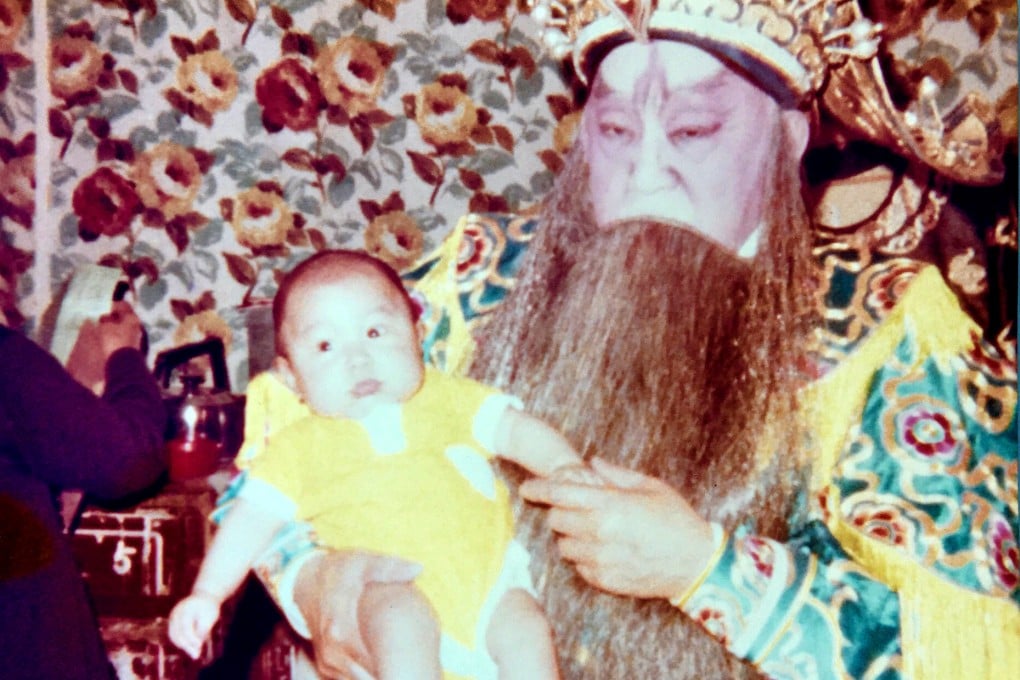The ‘king of comedians’ had real ‘Hong Kong spirit’: Diamond Restaurant brand owner on his grandfather Leung Sing-por, a TV and movie star
- Andrew Leung is not only the grandson of Kam Shui-fai, the founder of Hong Kong’s Yung Kee Restaurant, he is also a descendant of actor-comedian Leung Sing-por
- He reflects on his memories of his actor grandfather, who starred in more than 450 films and countless stage performances, and became a comedian in his 40s

Andrew Leung Tze-wung has not one but two famous grandfathers.
Andrew Leung was born in the UK in 1978 but, when he was three months old, his family moved back to Hong Kong after discovering that Leung Sing-por was suffering from stomach cancer. The actor died in 1981 at the age of 73.
“At least I had the opportunity to spend three years with my paternal grandfather in Hong Kong. In my memory, he was very nice and gentle, and loved me very much,” he recalls.

“My grandfather [Leung Sing-por] was very concerned about the education of his children, while he also respected their choice of career. He sent my father to La Salle College in Hong Kong and later to the UK to pursue his [medical] studies.
“For his other children who joined the film industry, my grandfather also gave them all the freedom and his support to pursue their dreams.”